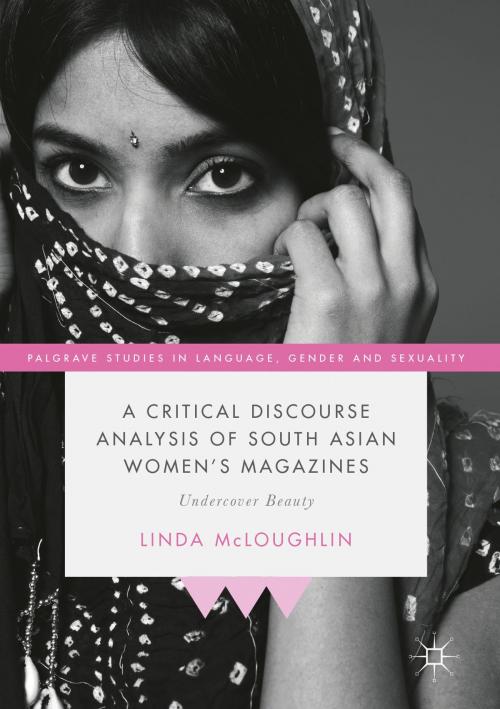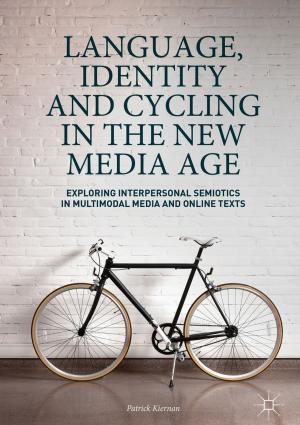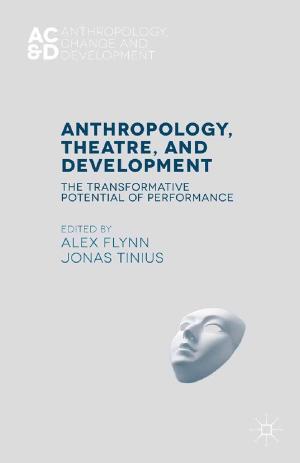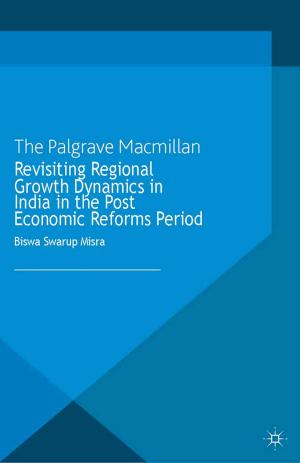A Critical Discourse Analysis of South Asian Women's Magazines
Undercover Beauty
Nonfiction, Reference & Language, Language Arts, Linguistics, Social & Cultural Studies, Social Science, Gender Studies| Author: | Linda McLoughlin | ISBN: | 9781137398789 |
| Publisher: | Palgrave Macmillan UK | Publication: | July 3, 2017 |
| Imprint: | Palgrave Macmillan | Language: | English |
| Author: | Linda McLoughlin |
| ISBN: | 9781137398789 |
| Publisher: | Palgrave Macmillan UK |
| Publication: | July 3, 2017 |
| Imprint: | Palgrave Macmillan |
| Language: | English |
This intriguing book applies Critical Discourse Analysis to a range of South Asian women’s lifestyle magazines, exposing the disconnection between the magazines’ representations of South Asian women and the lived realities of the target audience. The author challenges the notion that discourses of freedom and choice employed by women’s magazines are emancipatory, demonstrating instead that the version of feminism on offer is a commodified form which accords with the commercial aims of the publications. McLoughlin demonstrates that whilst British magazines present women in the East as the exotic and culturally superior ‘Other’, women in India are encouraged to emulate Western women to signify their engagement with globalization and modernity. She uses data from focus groups carried out in both countries to illustrate the interpretive frameworks and multivocality of participants’ attitudes, experiences and beliefs. This thought-provoking book will appeal to students and researchers of Language and Linguistics, Women’s Studies, Anthropology, Sociology, Media, Communications and Cultural Studies.
This intriguing book applies Critical Discourse Analysis to a range of South Asian women’s lifestyle magazines, exposing the disconnection between the magazines’ representations of South Asian women and the lived realities of the target audience. The author challenges the notion that discourses of freedom and choice employed by women’s magazines are emancipatory, demonstrating instead that the version of feminism on offer is a commodified form which accords with the commercial aims of the publications. McLoughlin demonstrates that whilst British magazines present women in the East as the exotic and culturally superior ‘Other’, women in India are encouraged to emulate Western women to signify their engagement with globalization and modernity. She uses data from focus groups carried out in both countries to illustrate the interpretive frameworks and multivocality of participants’ attitudes, experiences and beliefs. This thought-provoking book will appeal to students and researchers of Language and Linguistics, Women’s Studies, Anthropology, Sociology, Media, Communications and Cultural Studies.















